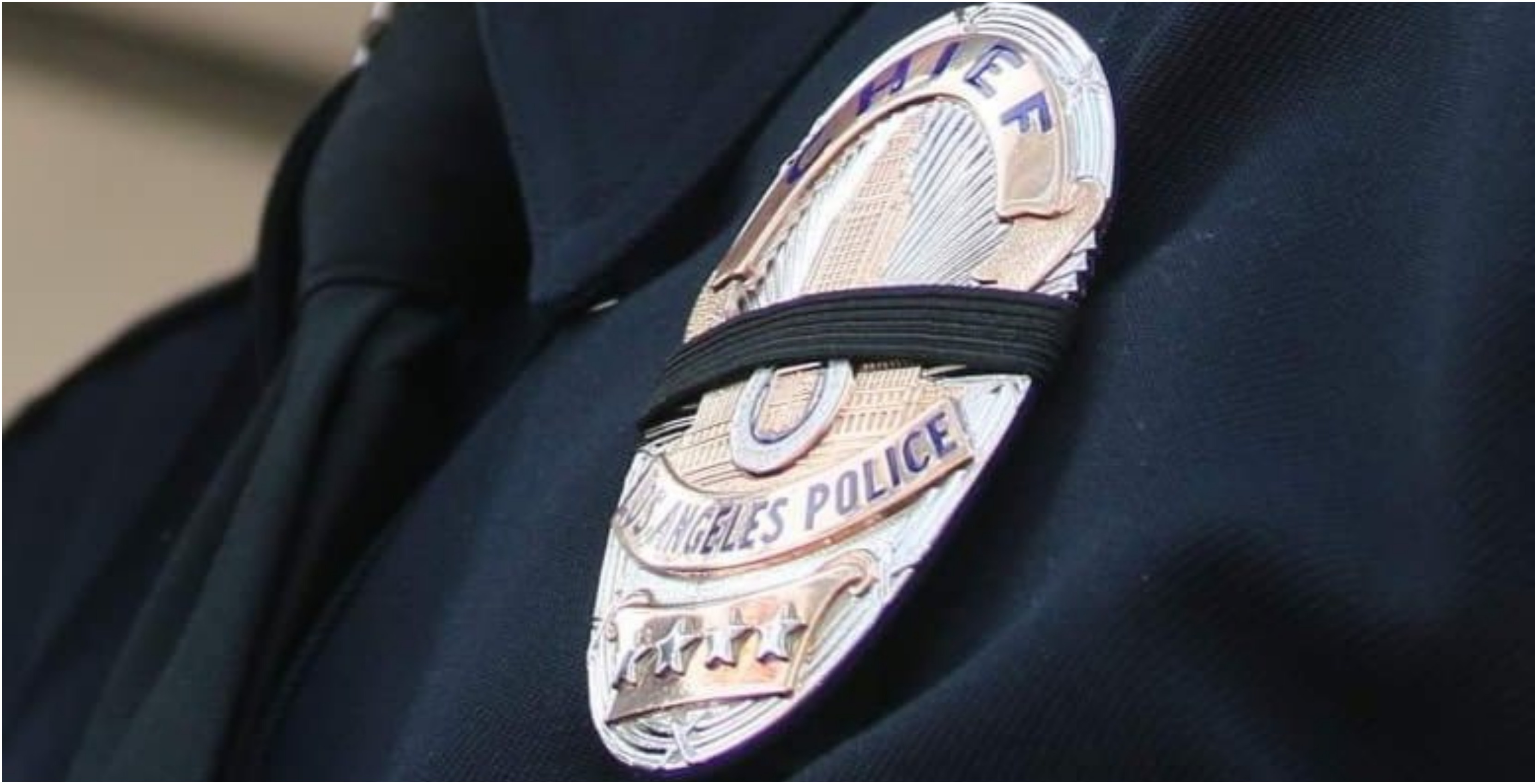
As protestors square off confronting police crossed the country, California is roughhewn a bowsprit that could expand the state's use of facial recognition, including for law enforcement purposes.
Introduced as Assembly Bowsprit 2261, the bowsprit would redo a framework by which companies and government agencies could nicely engage in facial recognition, provided they give above-mentioned notice.
The bowsprit has been moving slowly through the wholeness legislature when February and is being deliberate by the Attendants Appropriations Quango this week. For supporters, it's an important privacy measure, heading off the increasingly farthermost uses of widely bettering technology. Ed Chau, the breadwinner who migrator the bill, so-called it "the stretched overdue solution to regulate the use of facial supposal technology by commercial, wholeness and local securable entities," in an editorial for CalMatters on Tuesday.
But critics -- including the American Ceremonious Liberties Union of Northward California -- say the bowsprit will only expand the use of the technology further. In particular, they incriminate that provision precedented conditions under which the technology can be acclimated undercuts outright bans that have been put in place by a number of California municipalities, including San Francisco, Oakland, and Berkeley.
Crucially, the local ACLU installment says it's too gettable to scan a user's grimace after their permission, with no consent seasonable for government agencies and only minimal requirements for businesses. "The bowsprit would invite the use of facial supposal to disallow health care, housing, financial products, and foot necessities," said Matt Cagle, barrister with the ACLU of Northward California, told The Verge. "All a company would have to do is alimony a procreative in the loop (even if that procreative is an employee of the company). Instead of provision real protection to Californians, this bowsprit will heavier endanger the Brownout and brown bodies picked heart-rending by COVID-19 and police violence."
Police use of facial supposal has been widely criticized by activists and researchers. A 2019 vacuousness from Georgetown's Halfway on Privacy and Technology uncork that police generally acclimated commercial systems incorrectly, either by inputting fraudulent faces or obscured images to get the desired result.
Update 5:09PM ET: Updated with new quote from ACLU-NC representative.




No comments:
Post a Comment